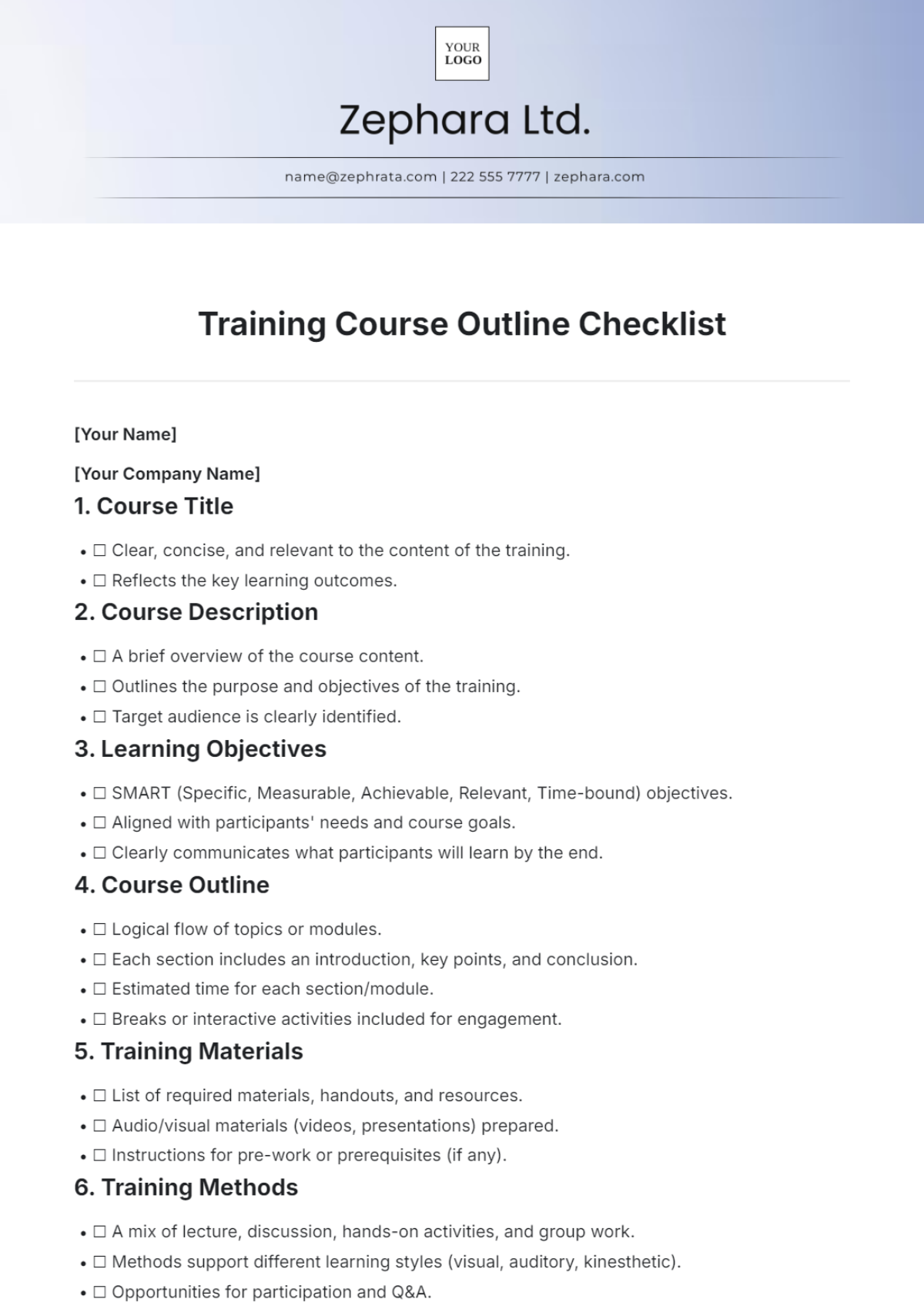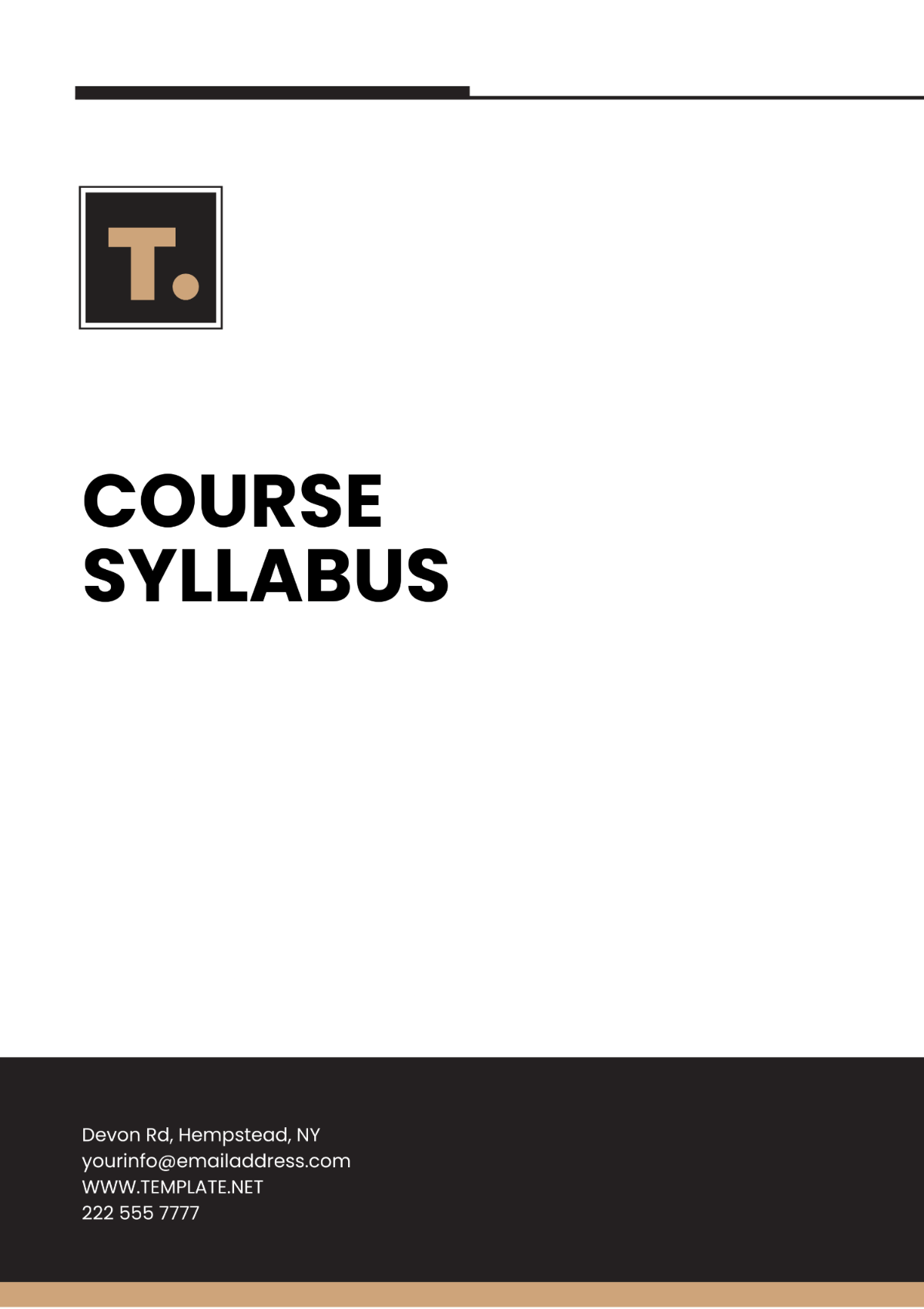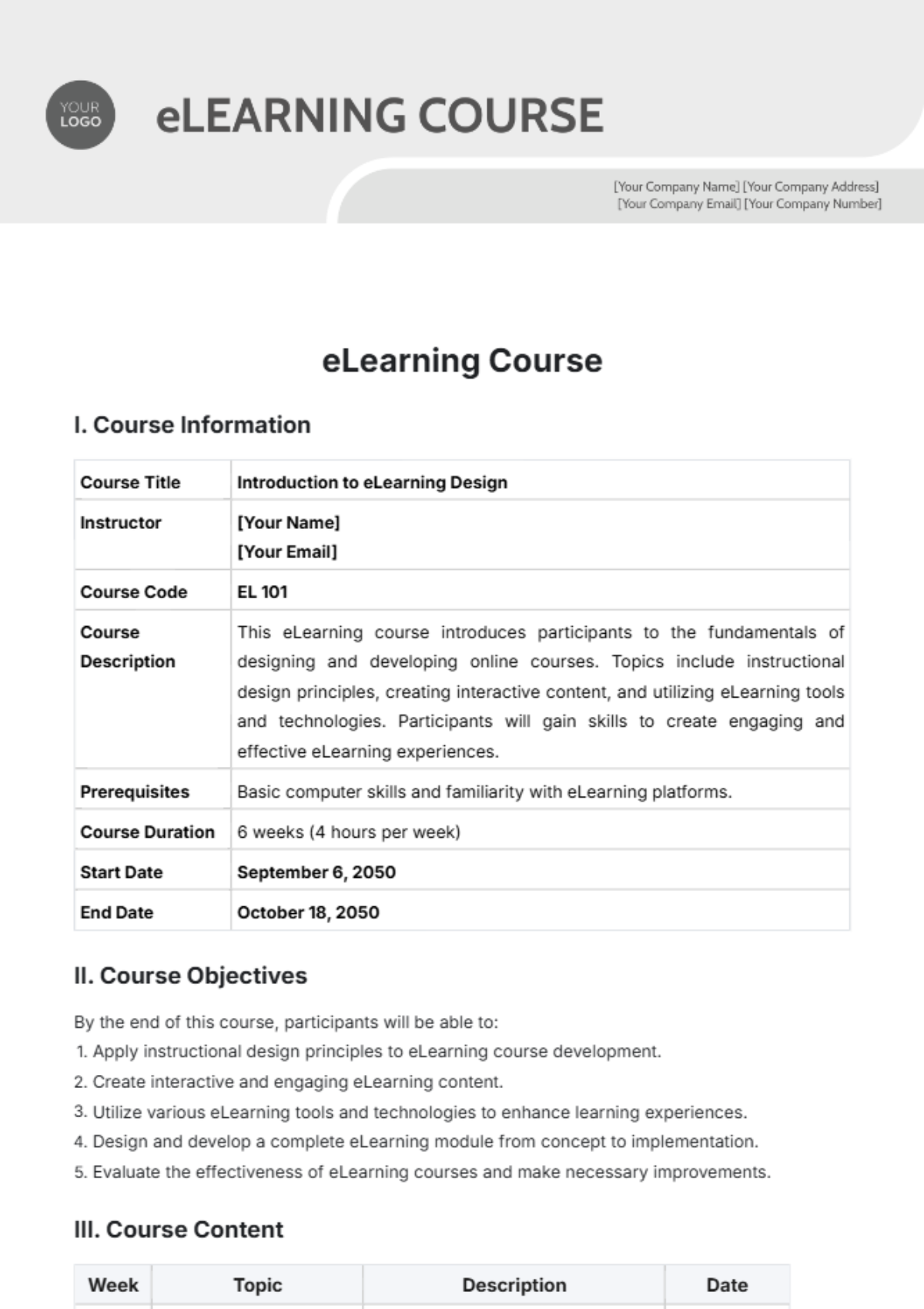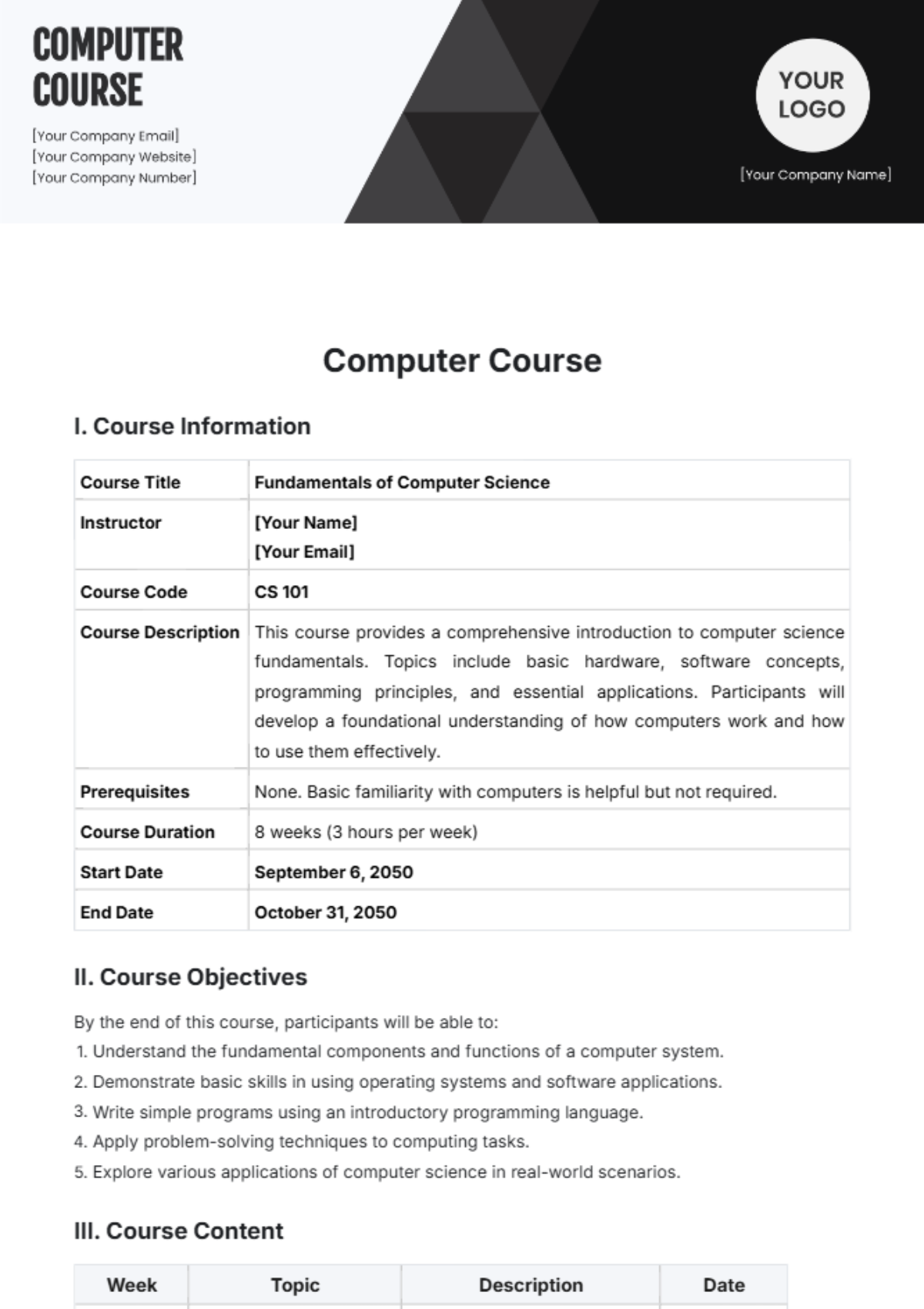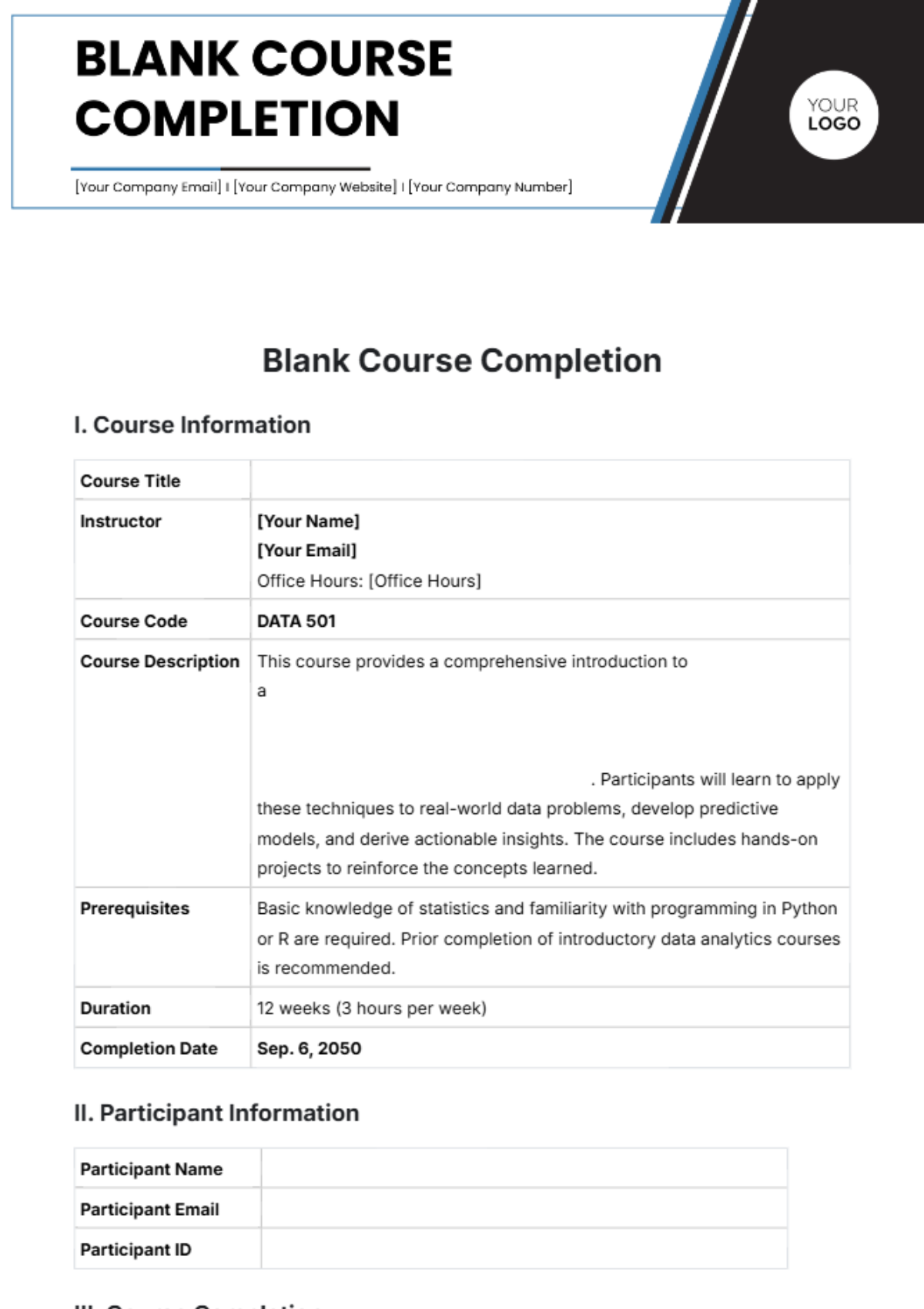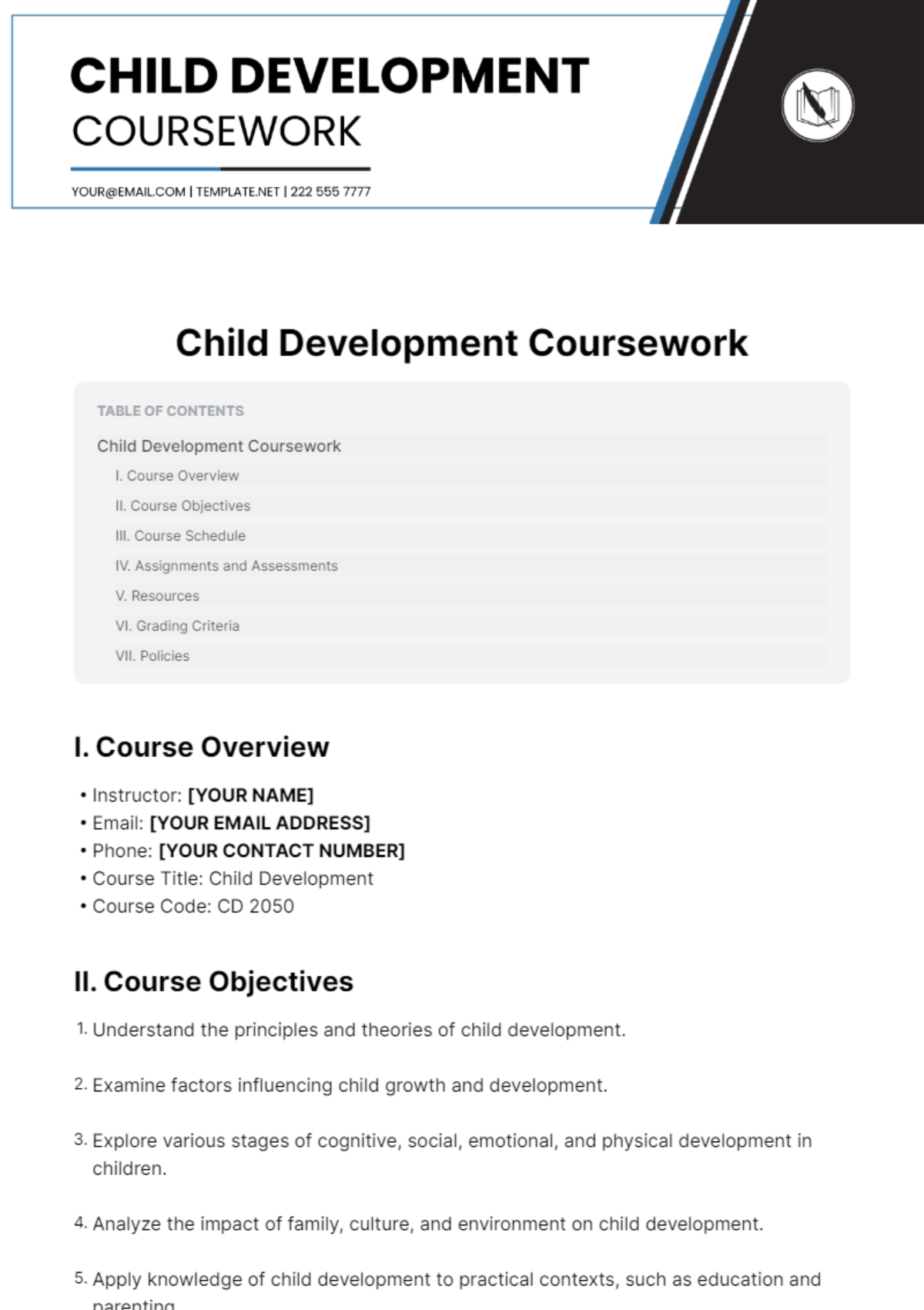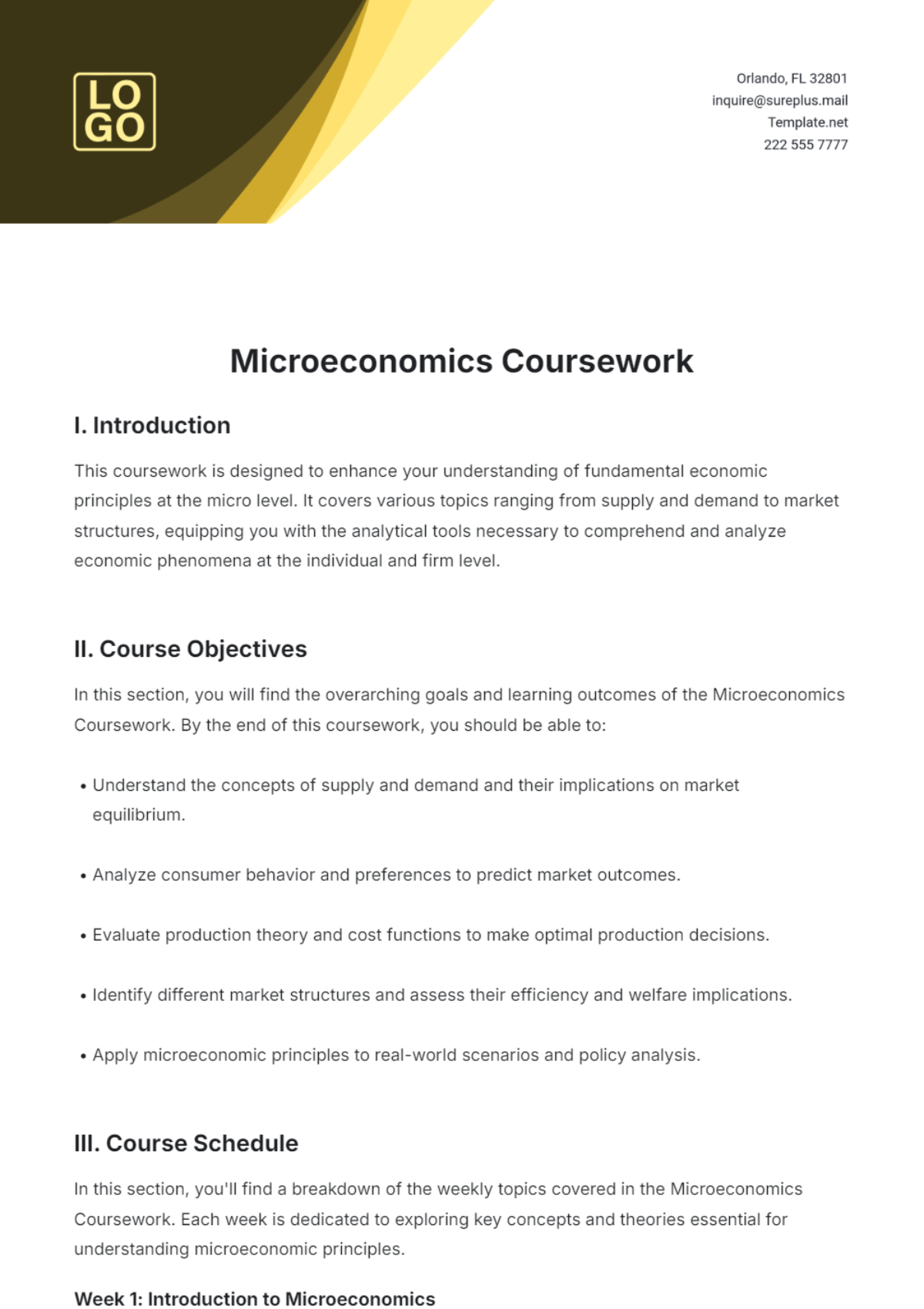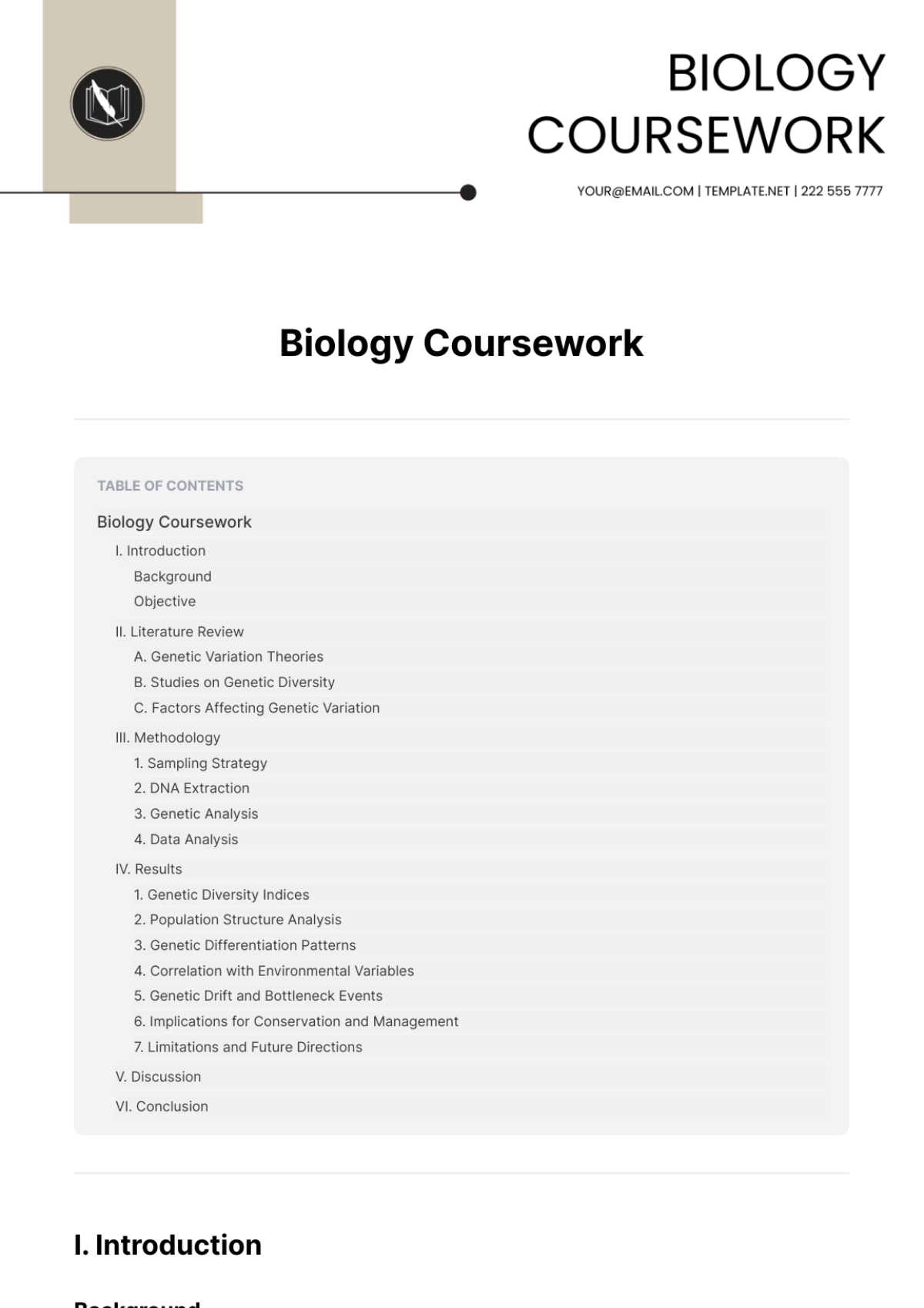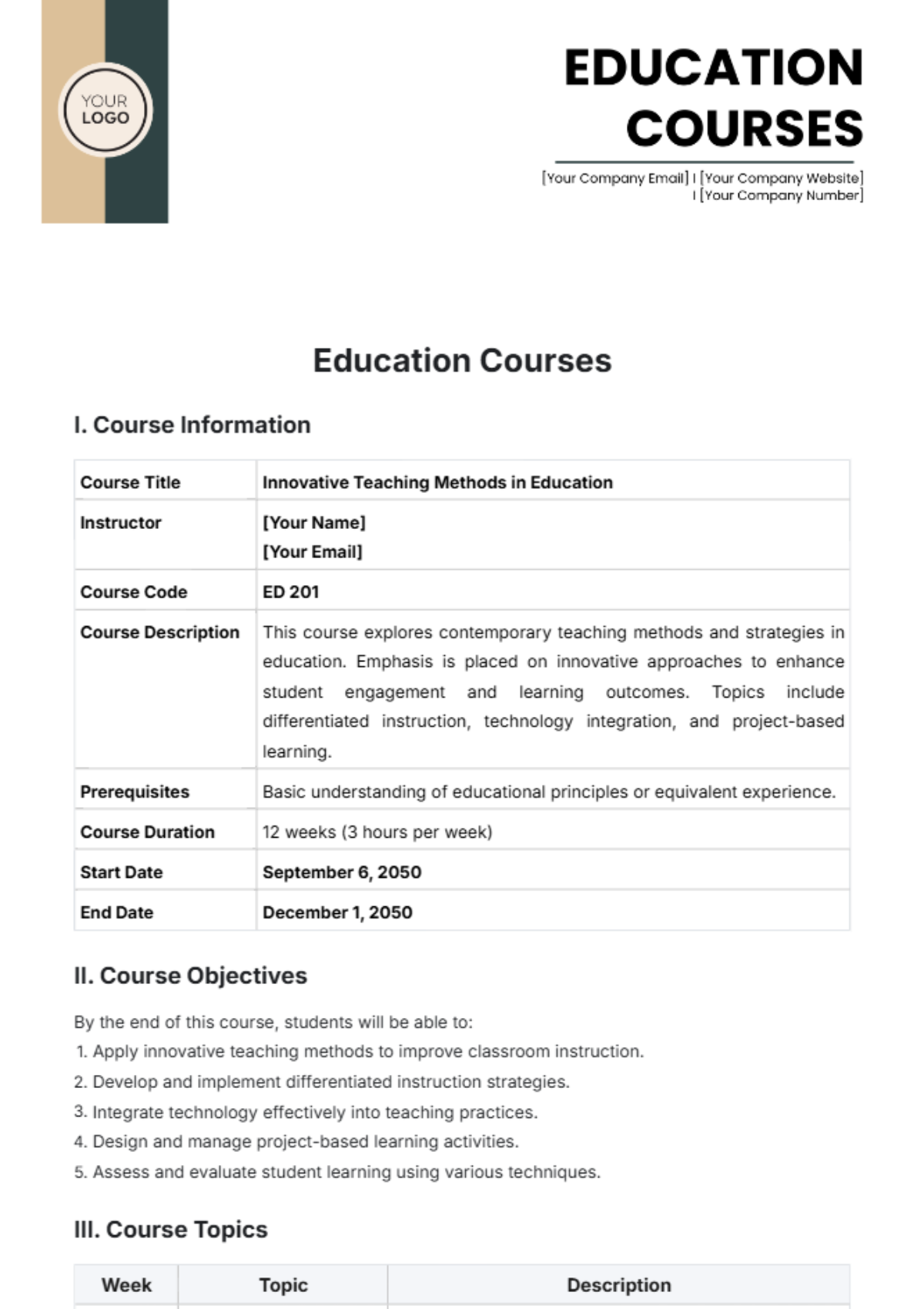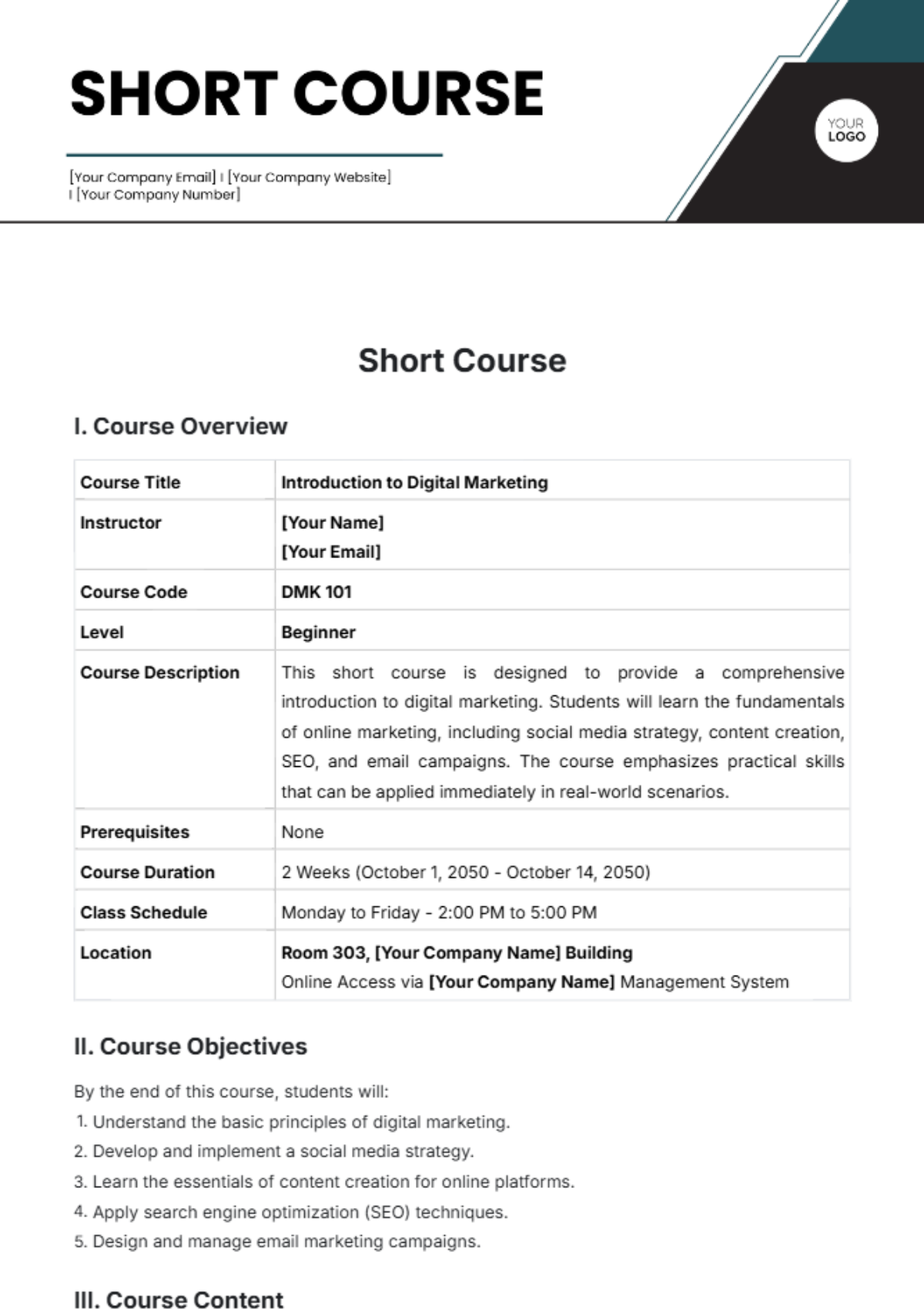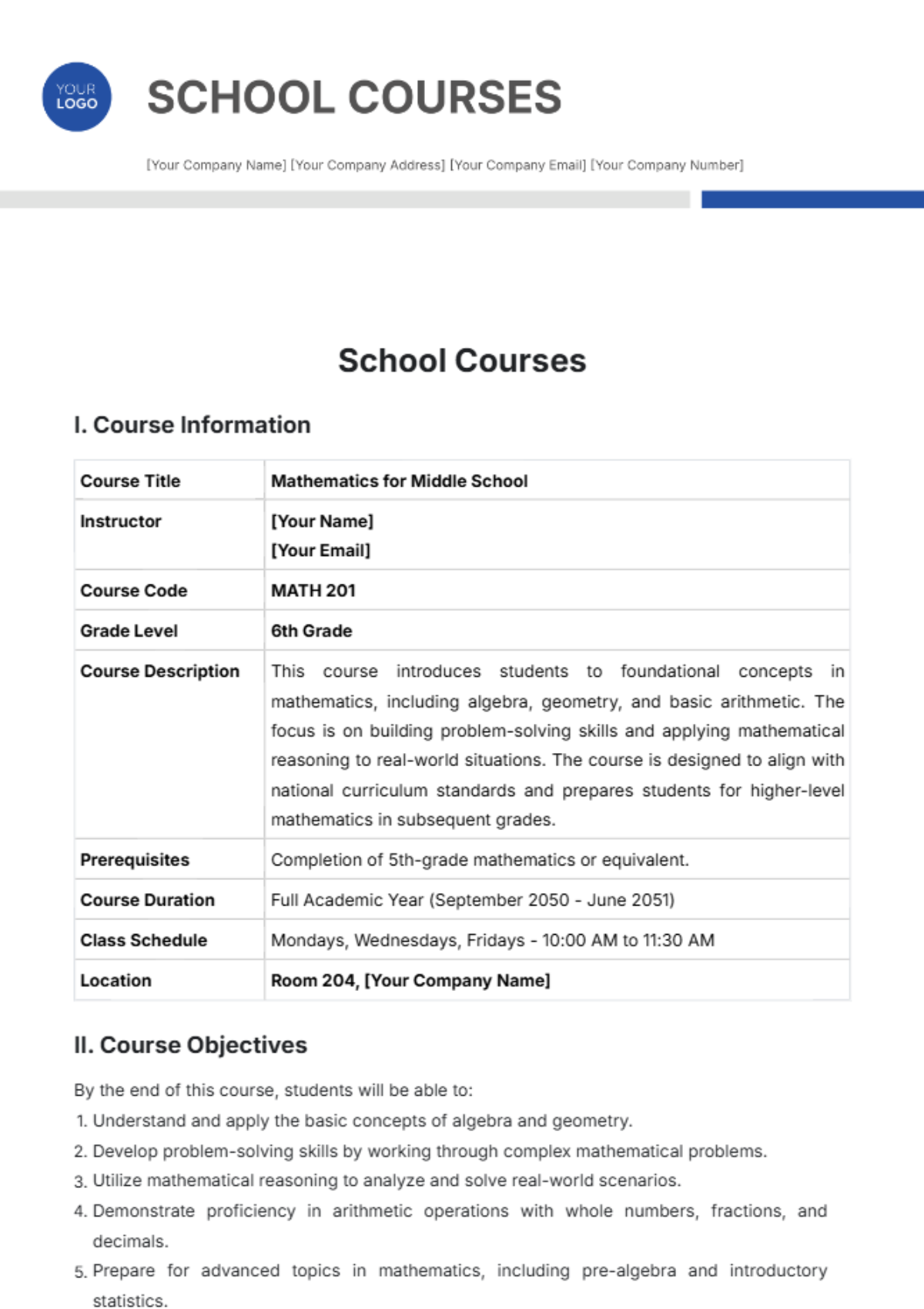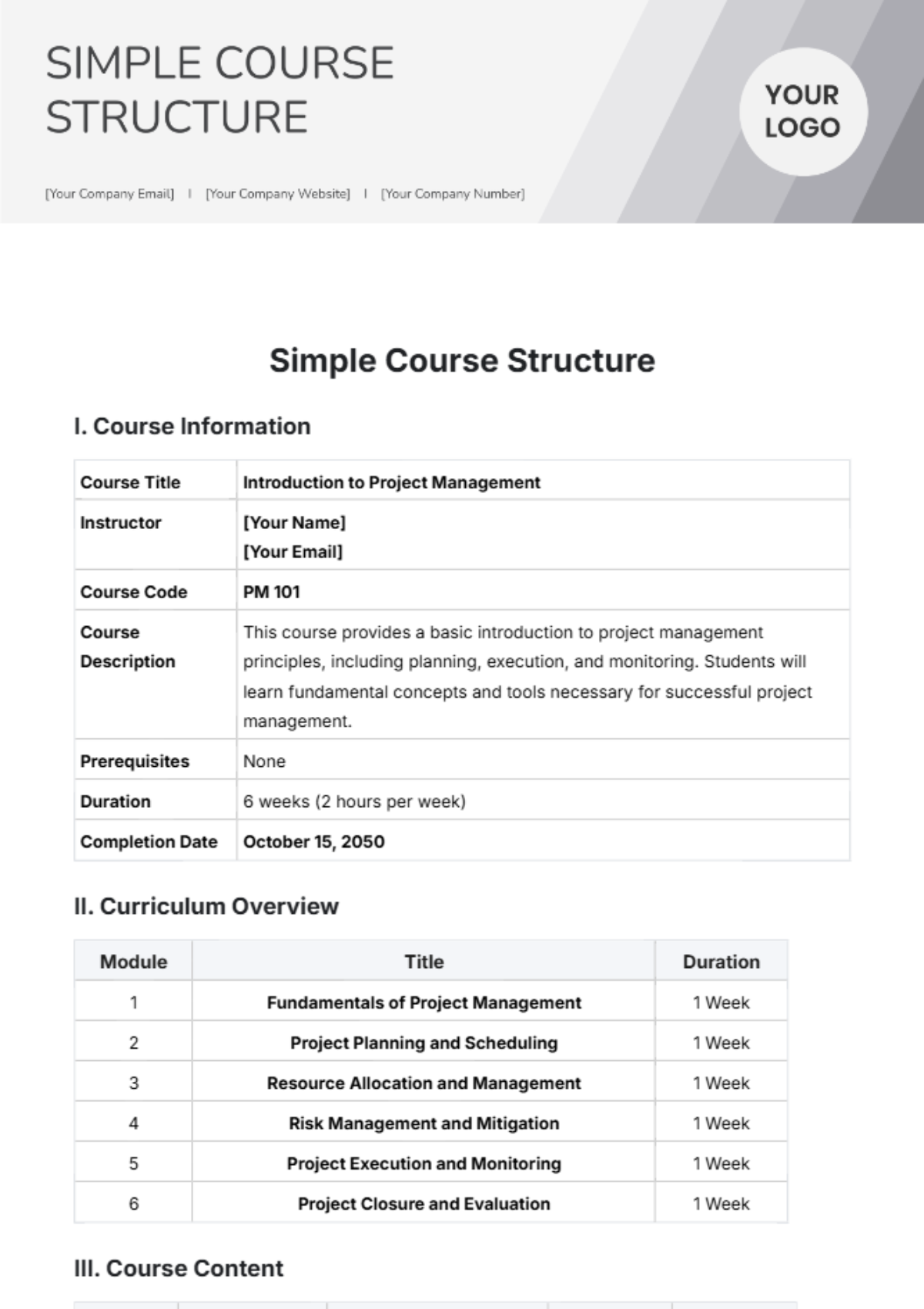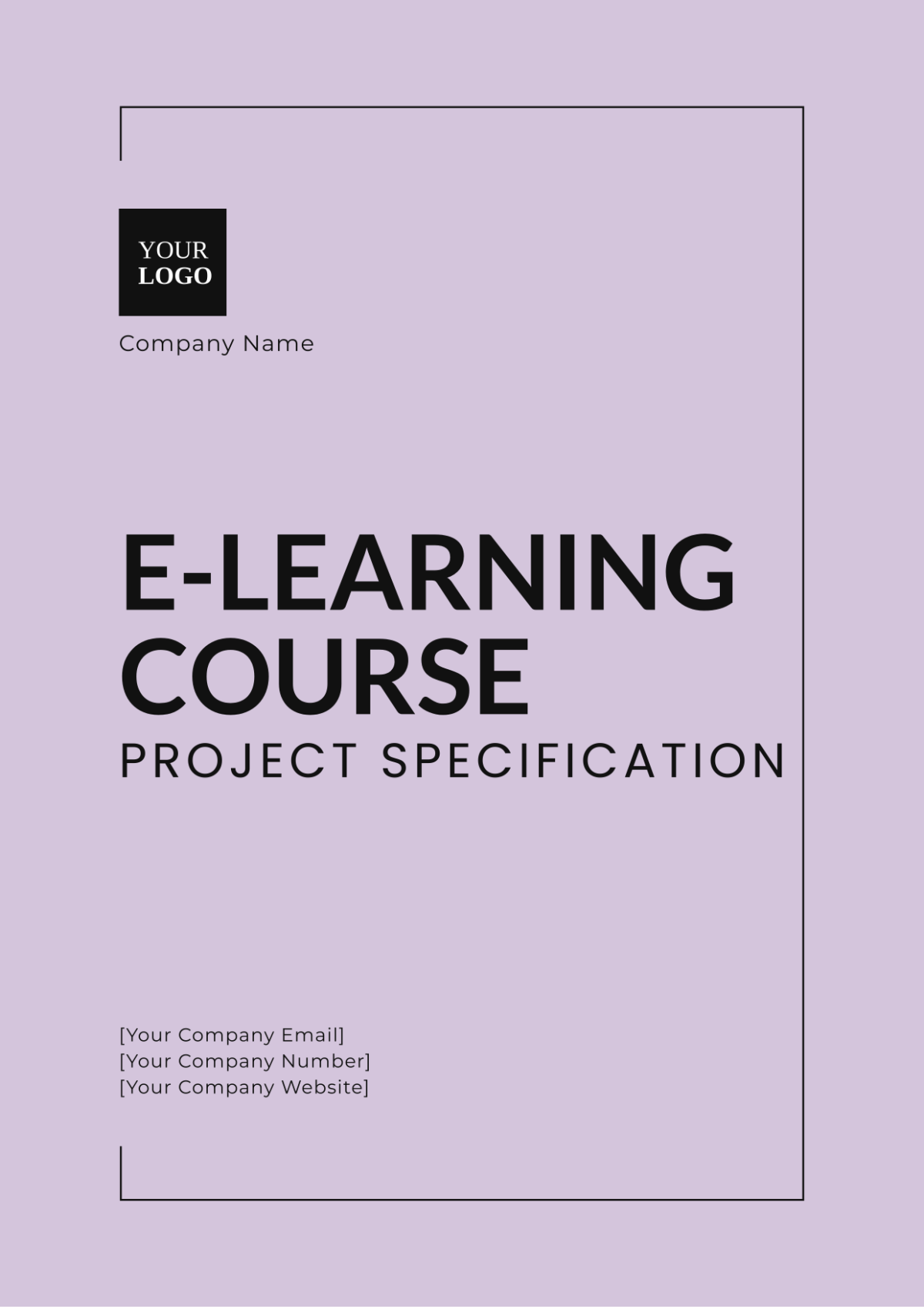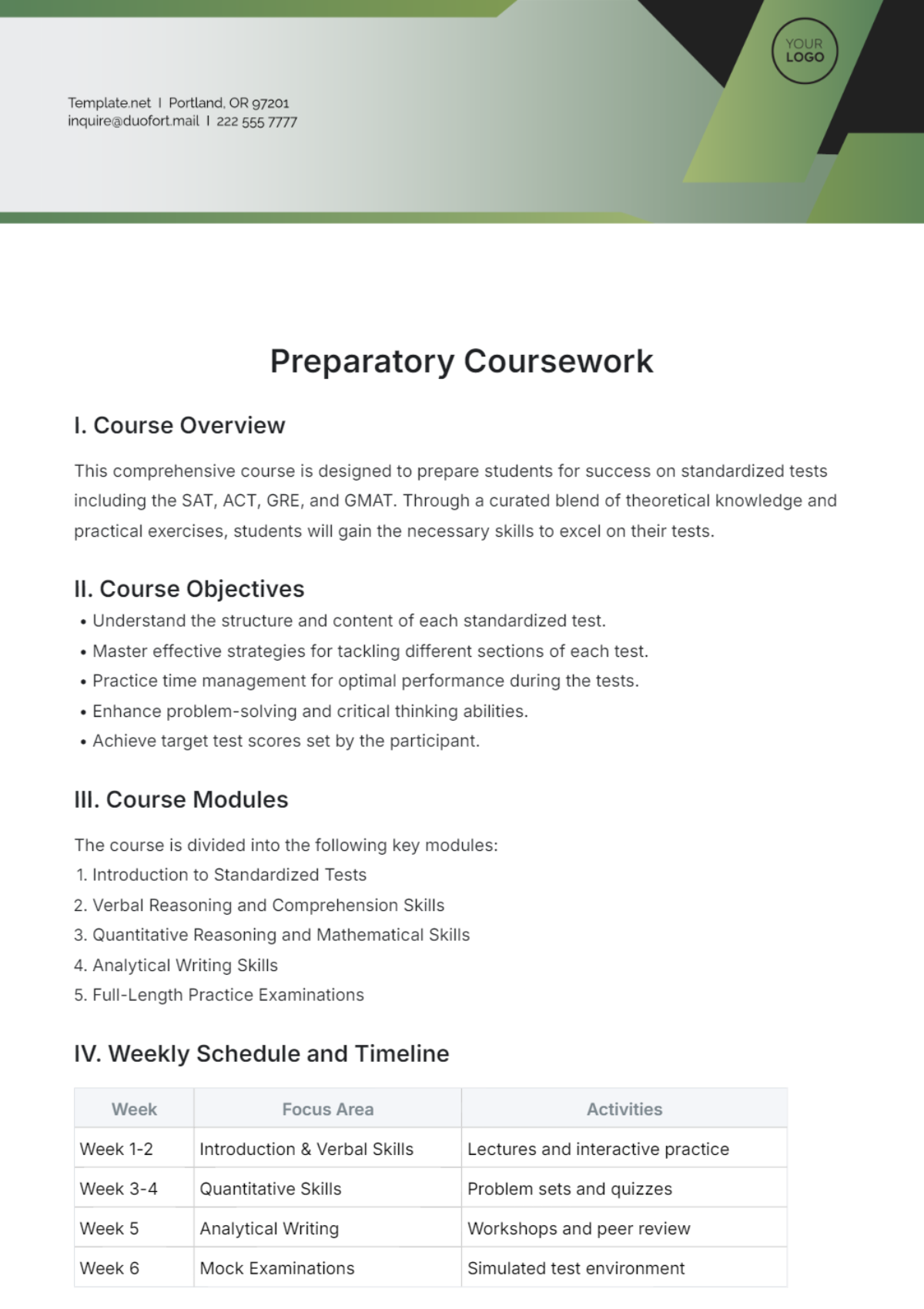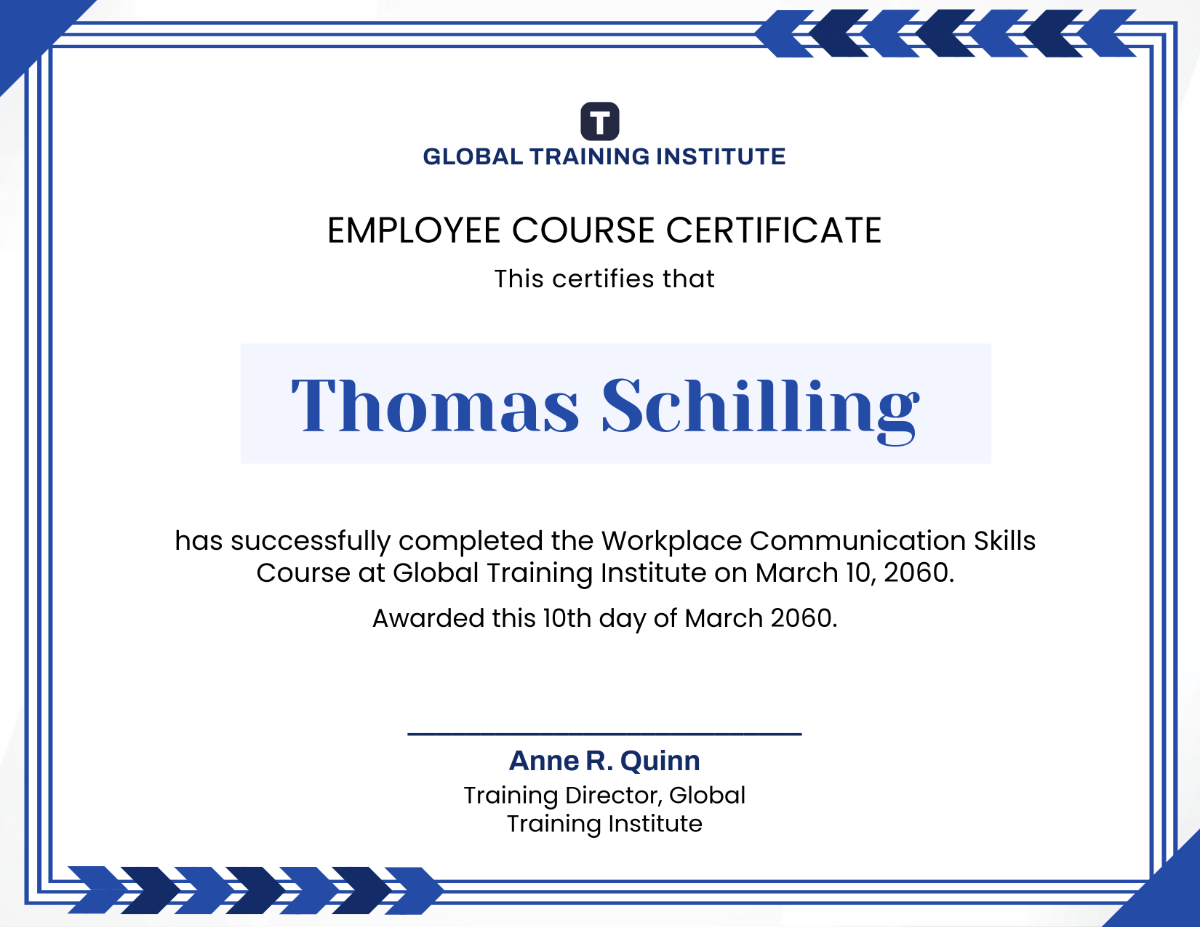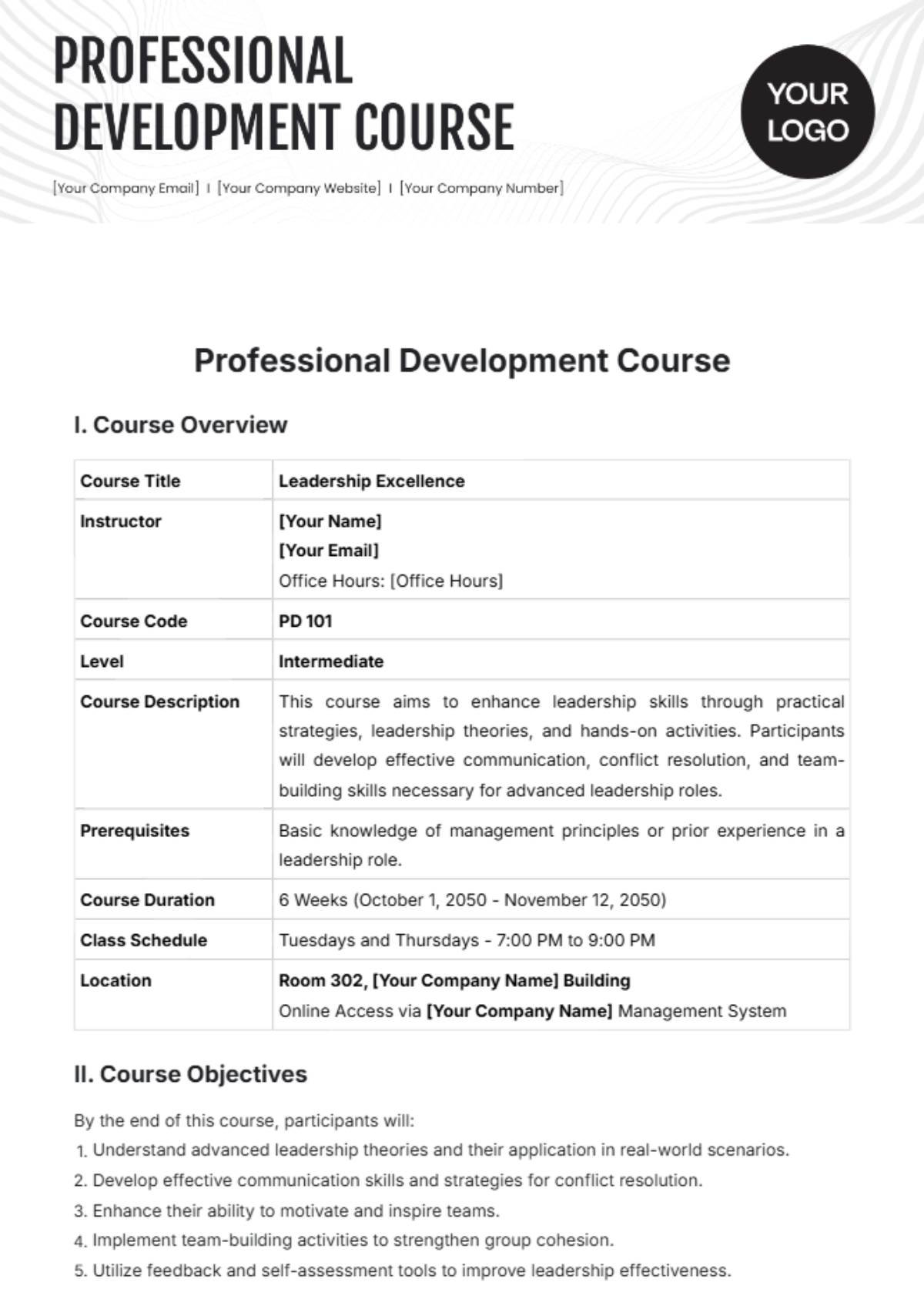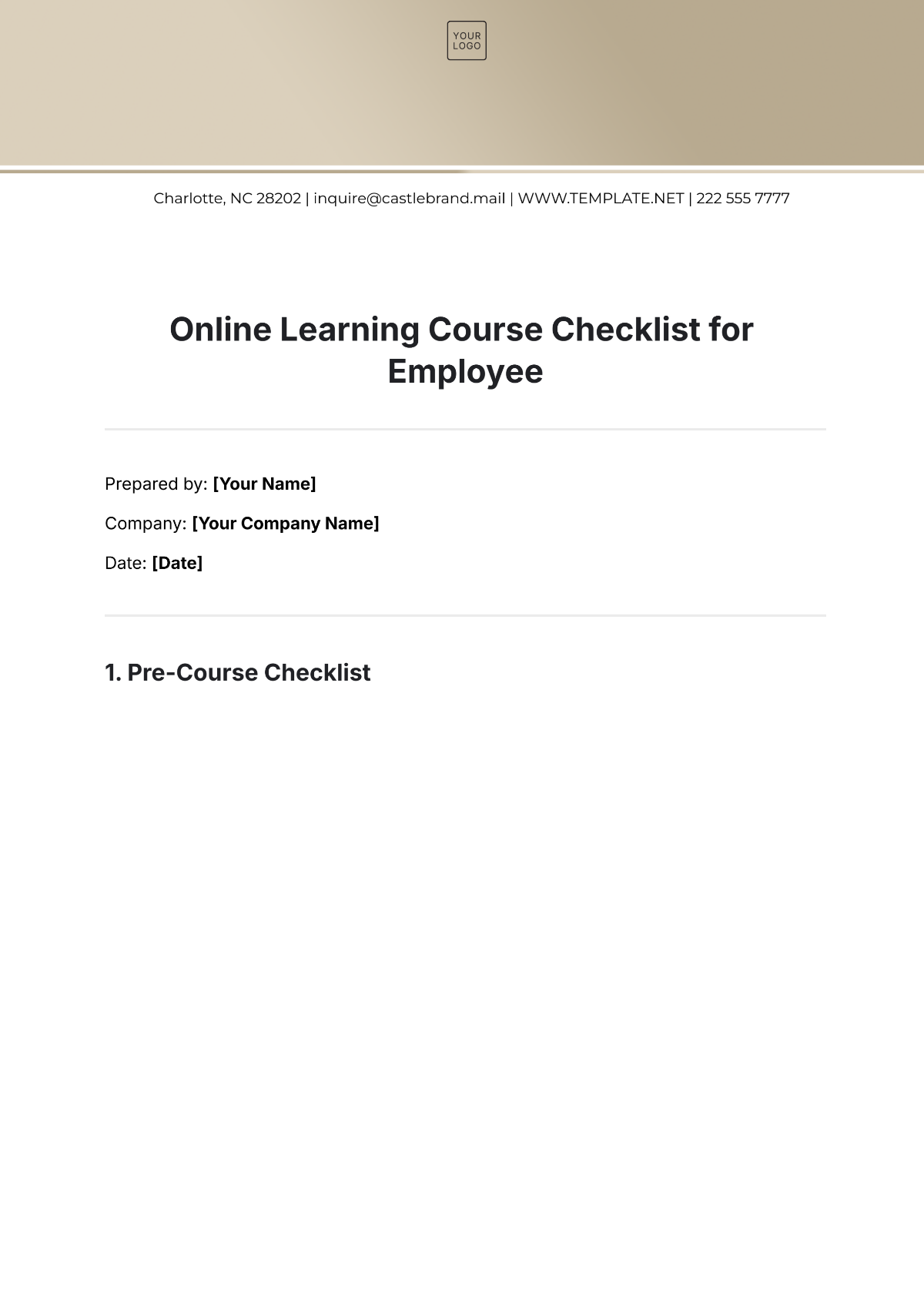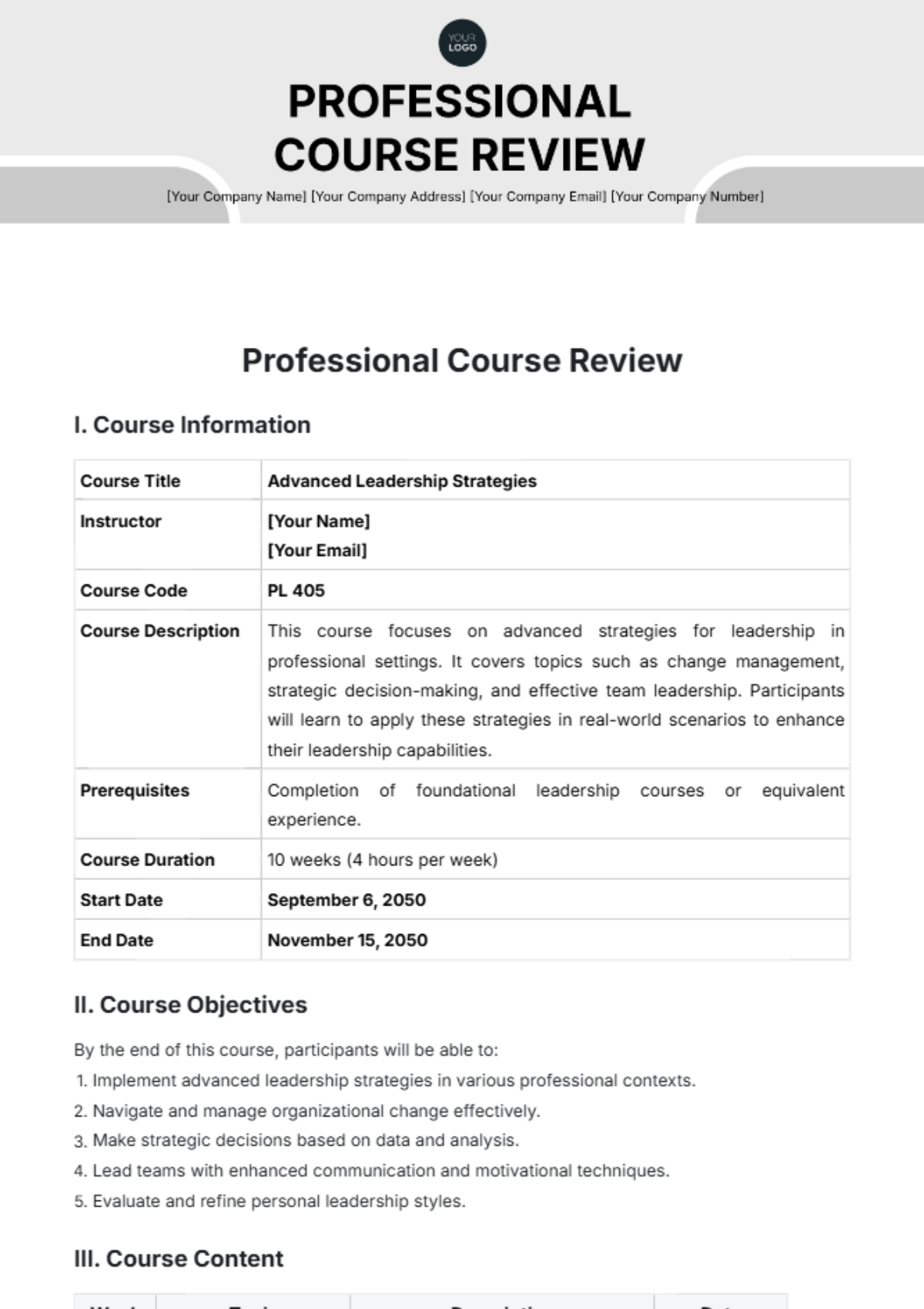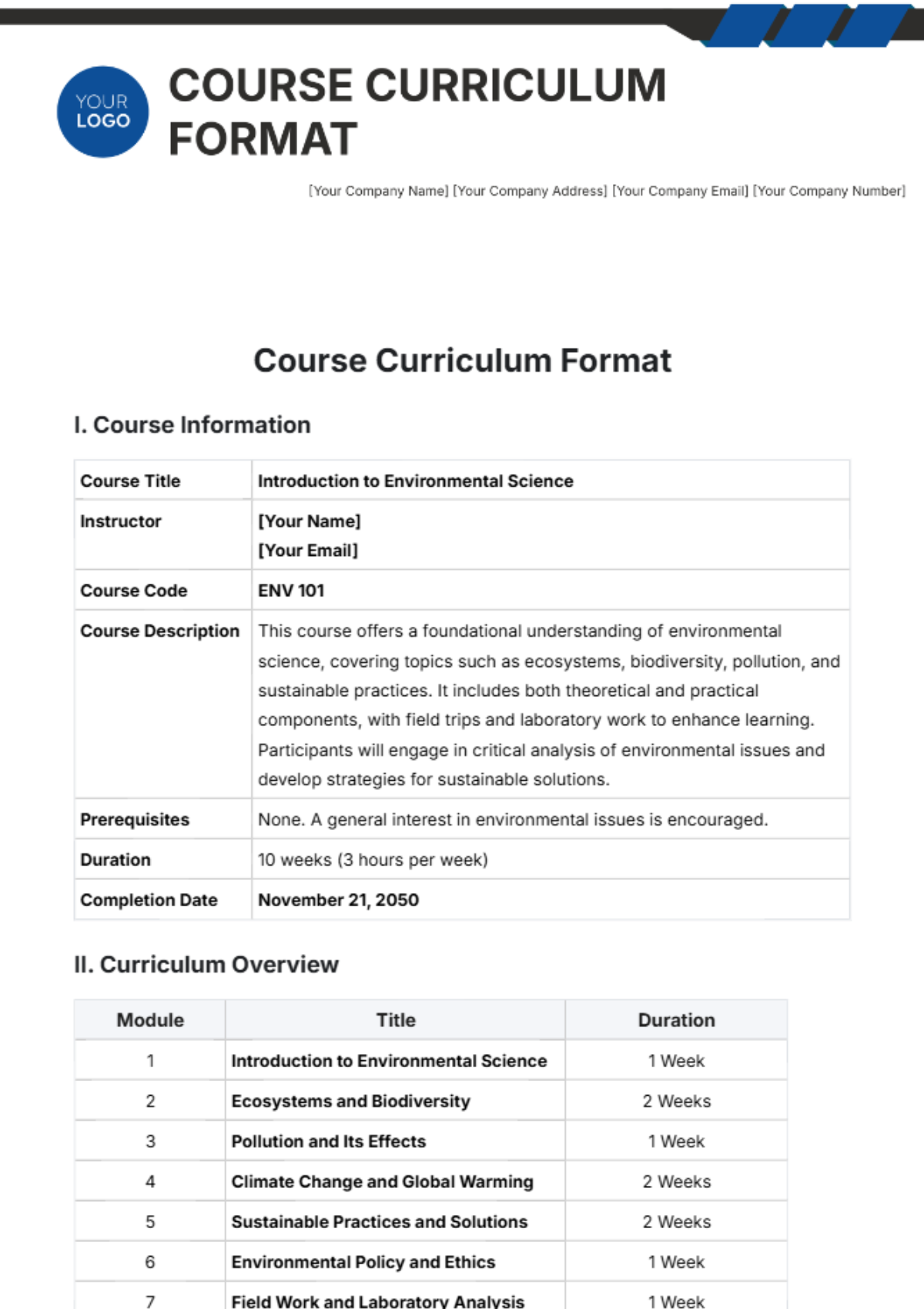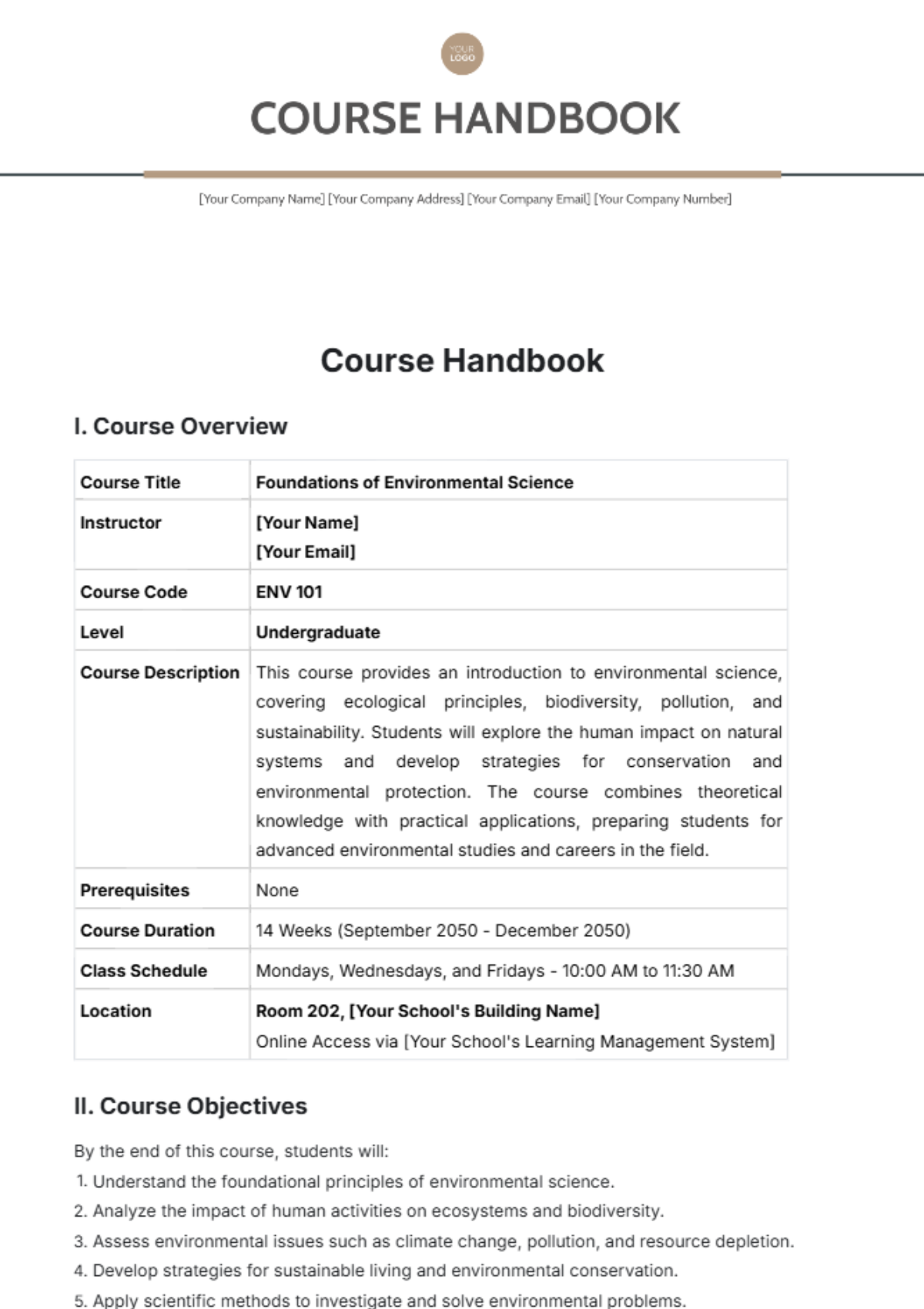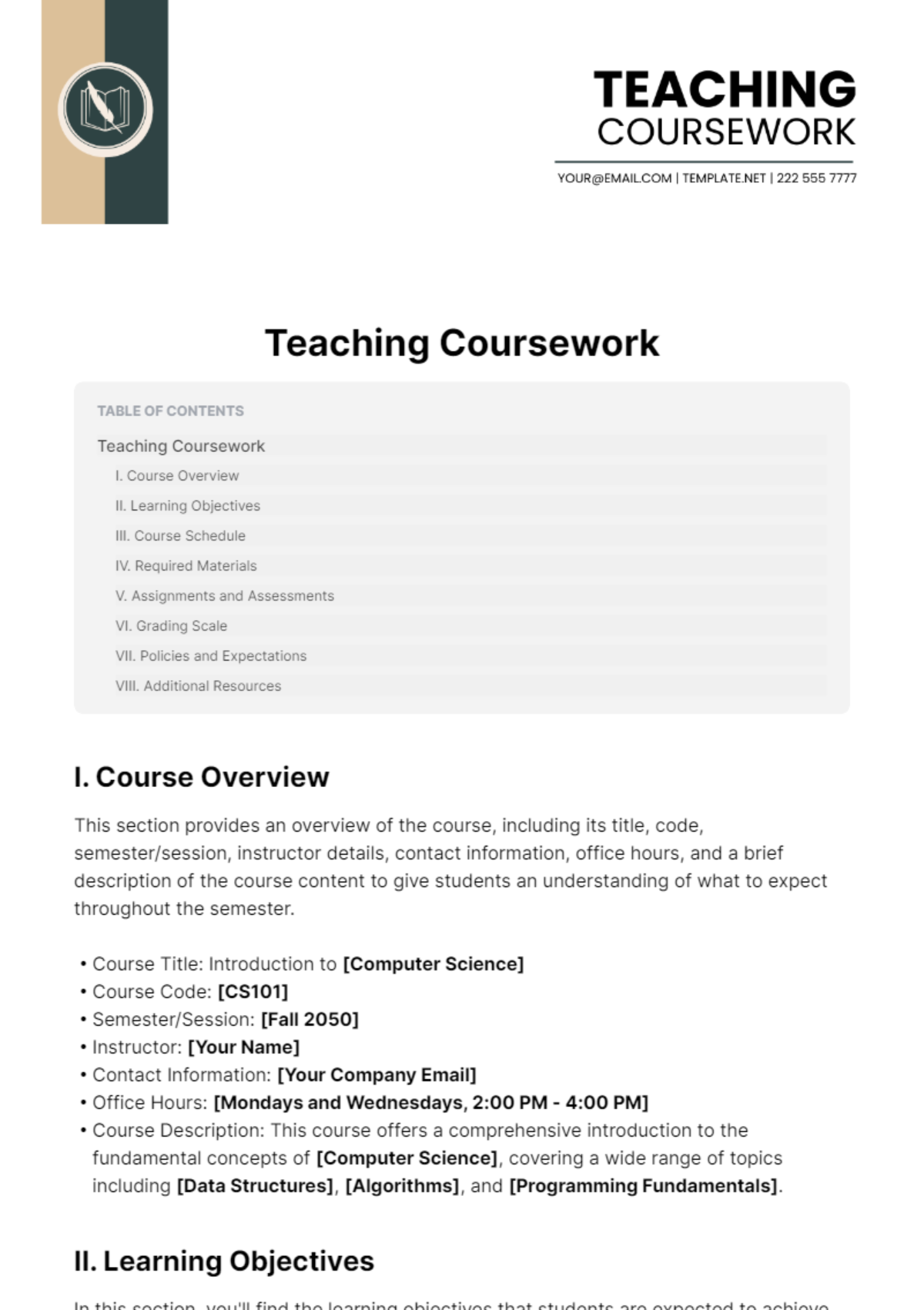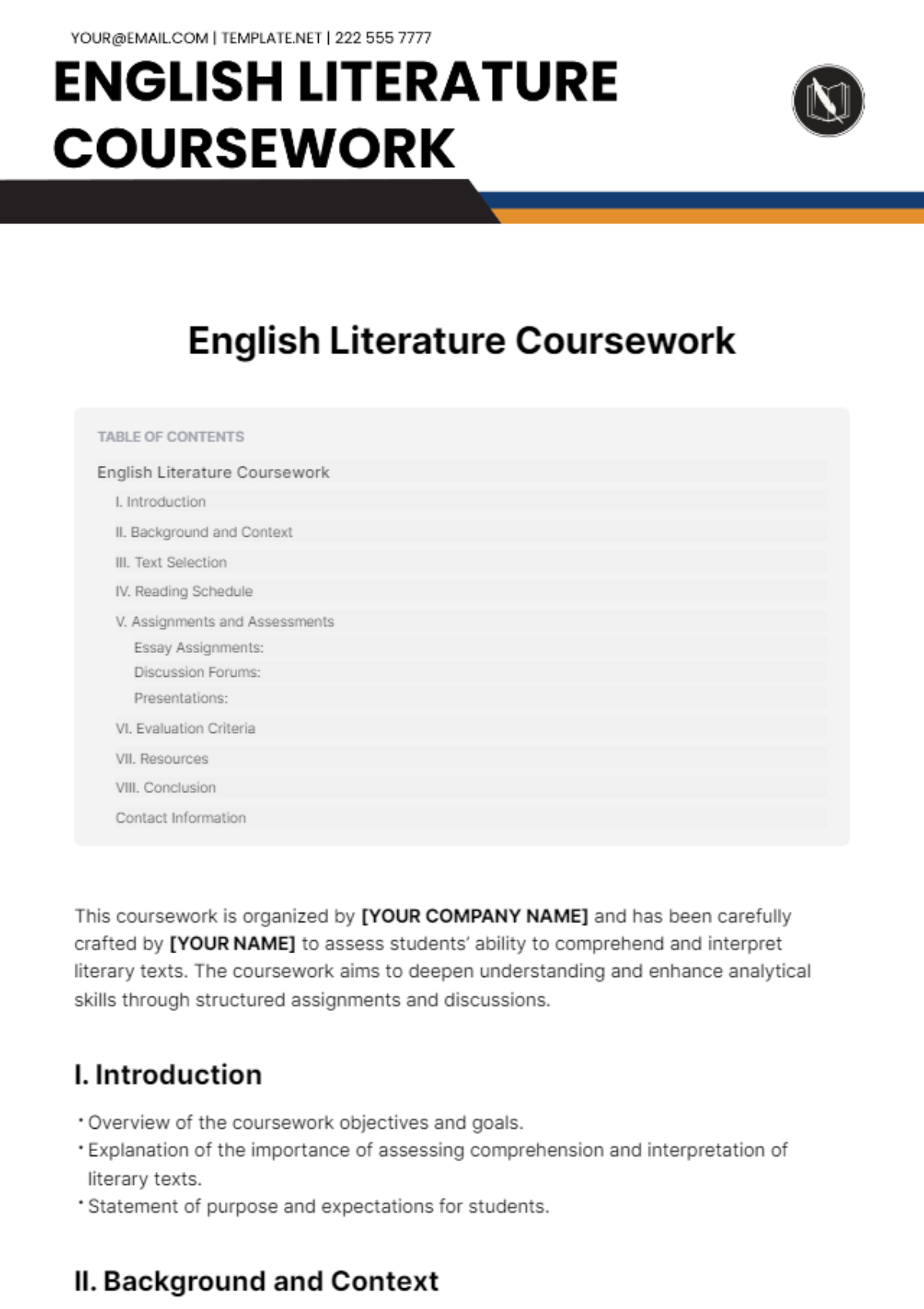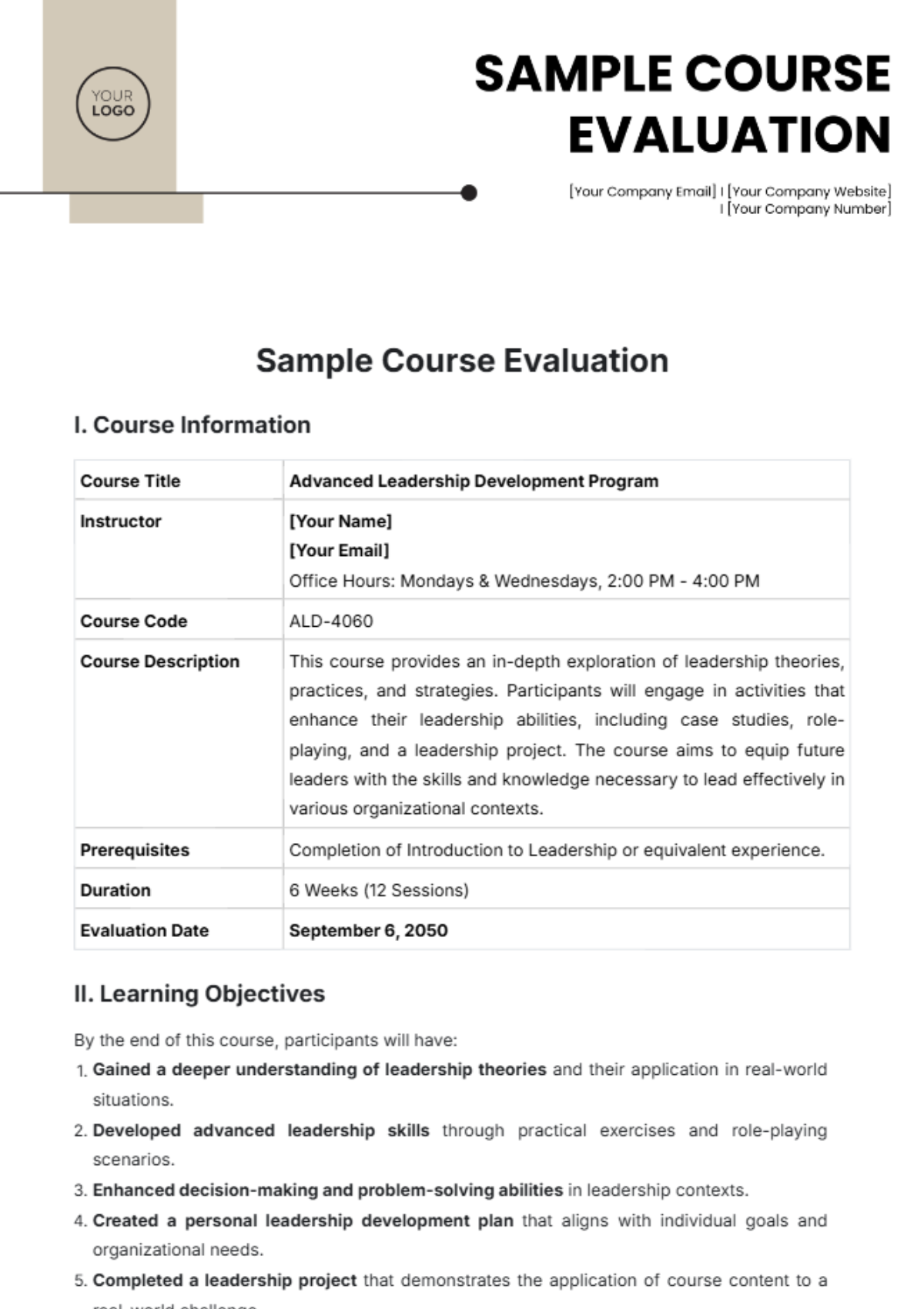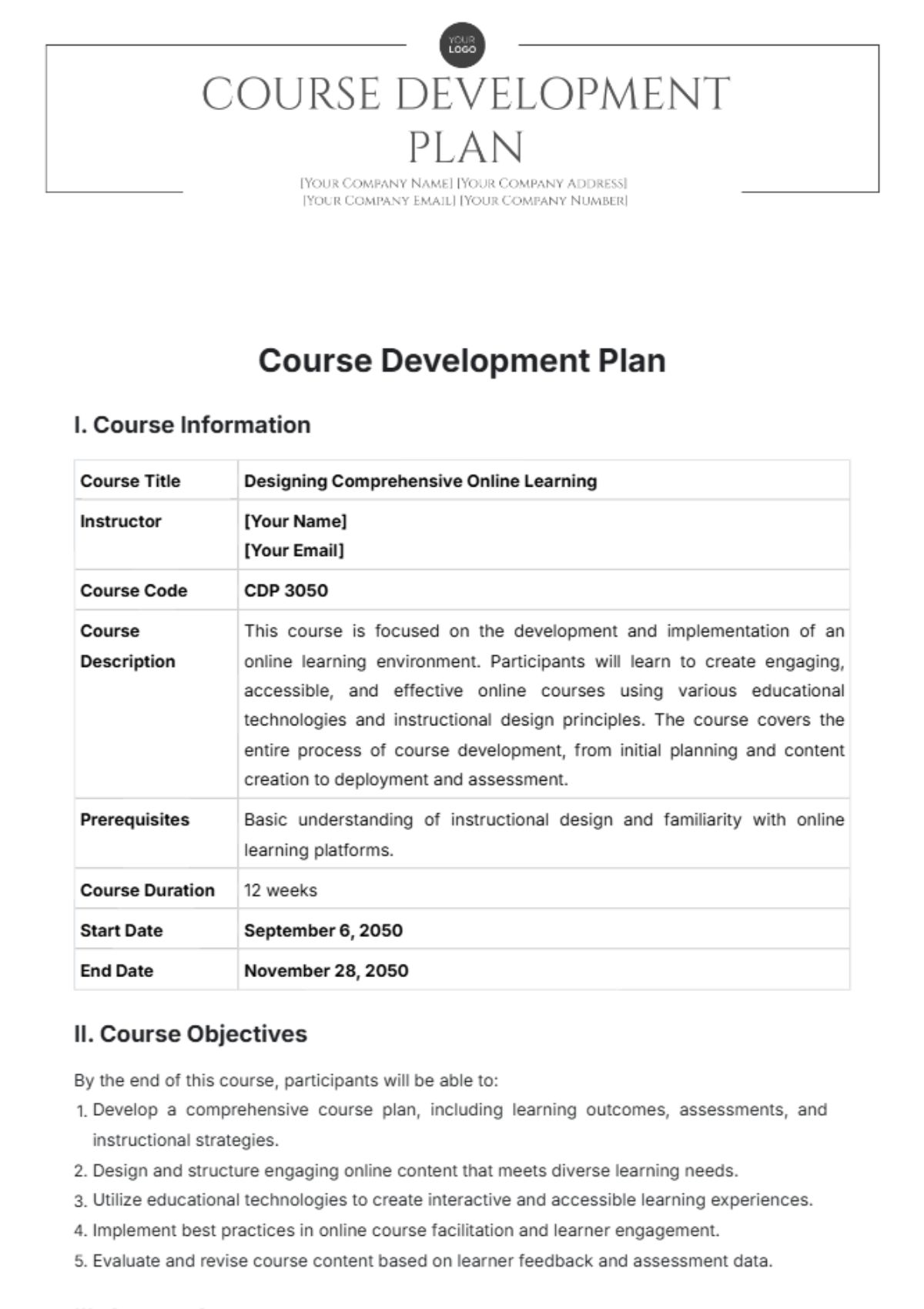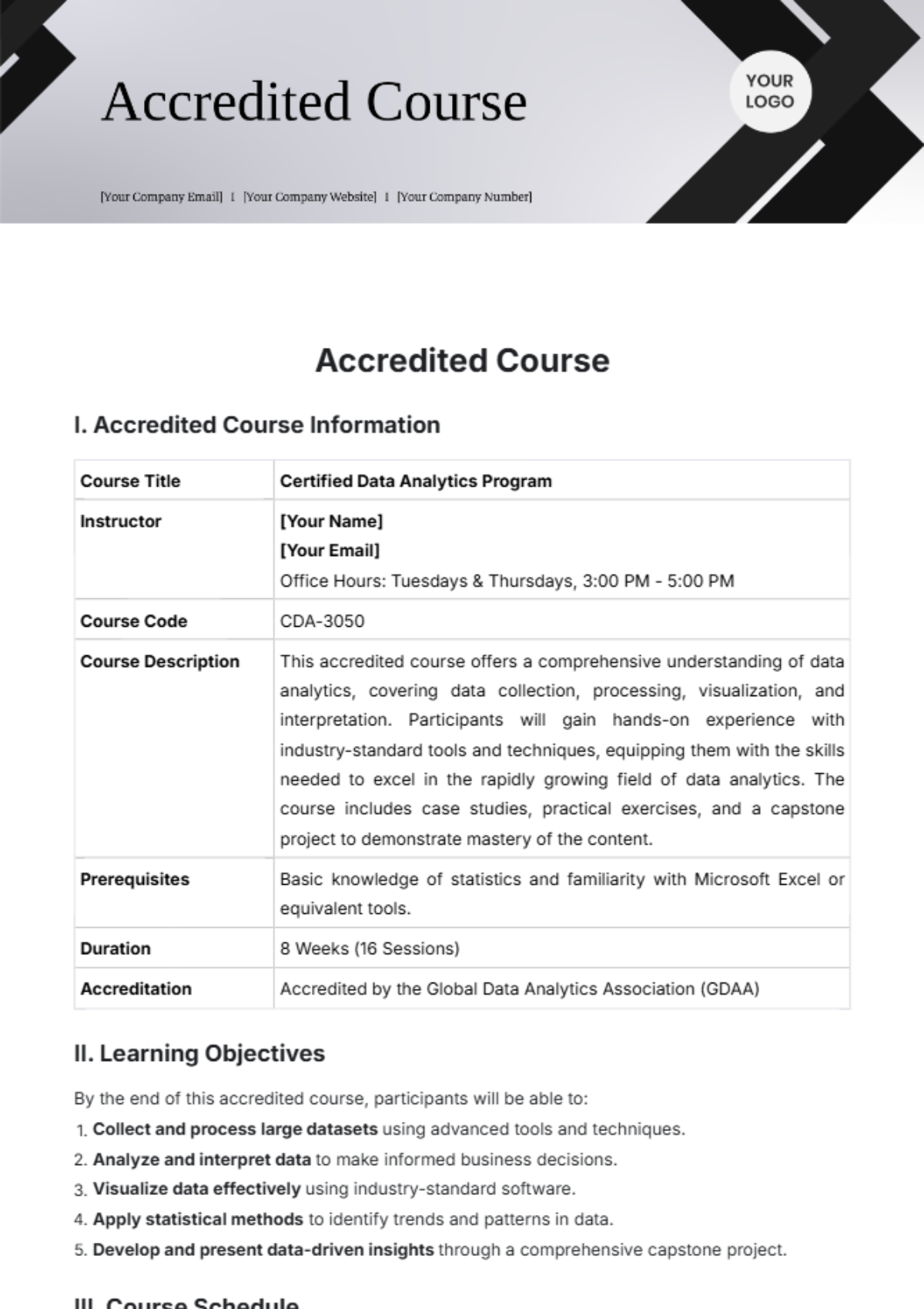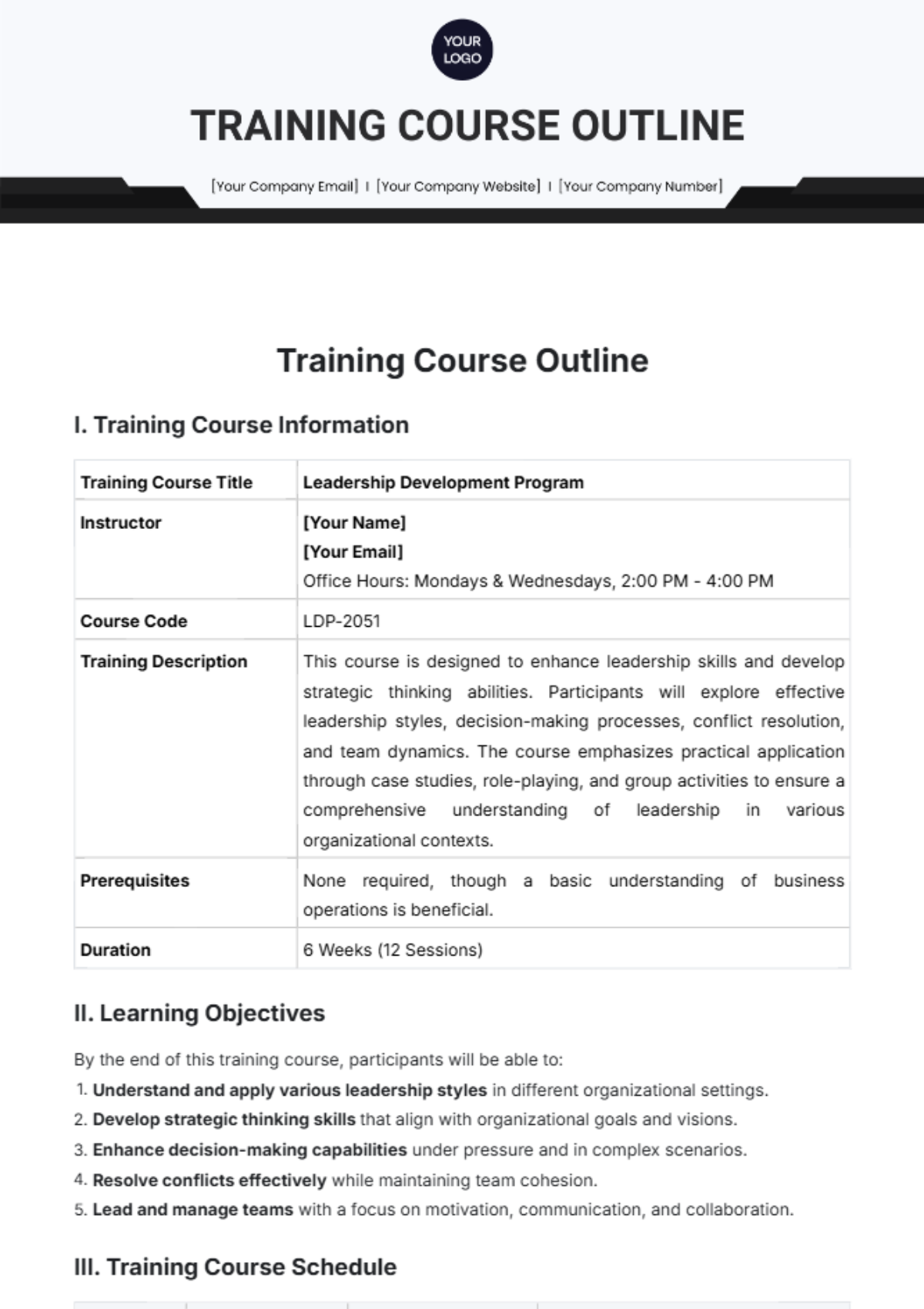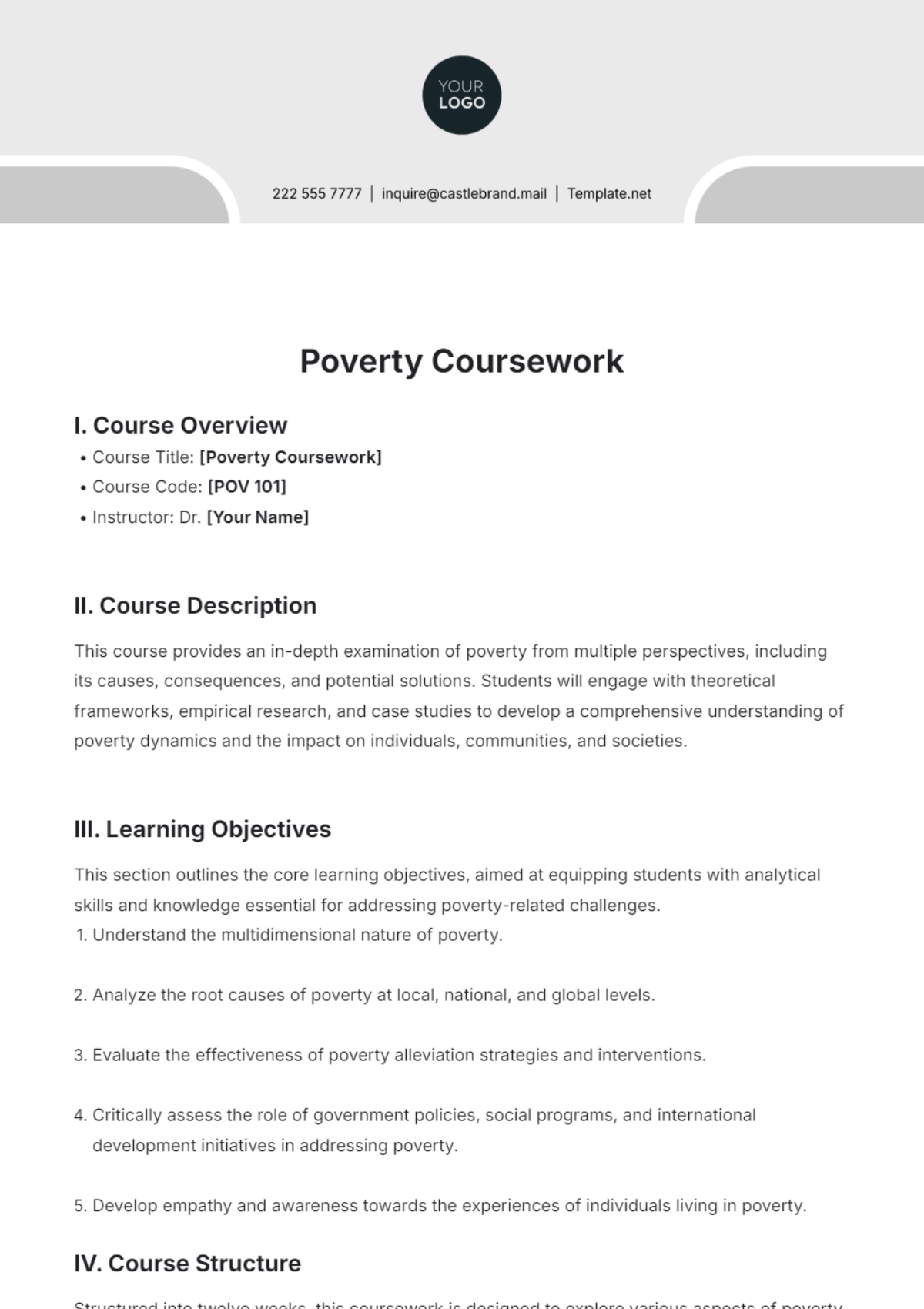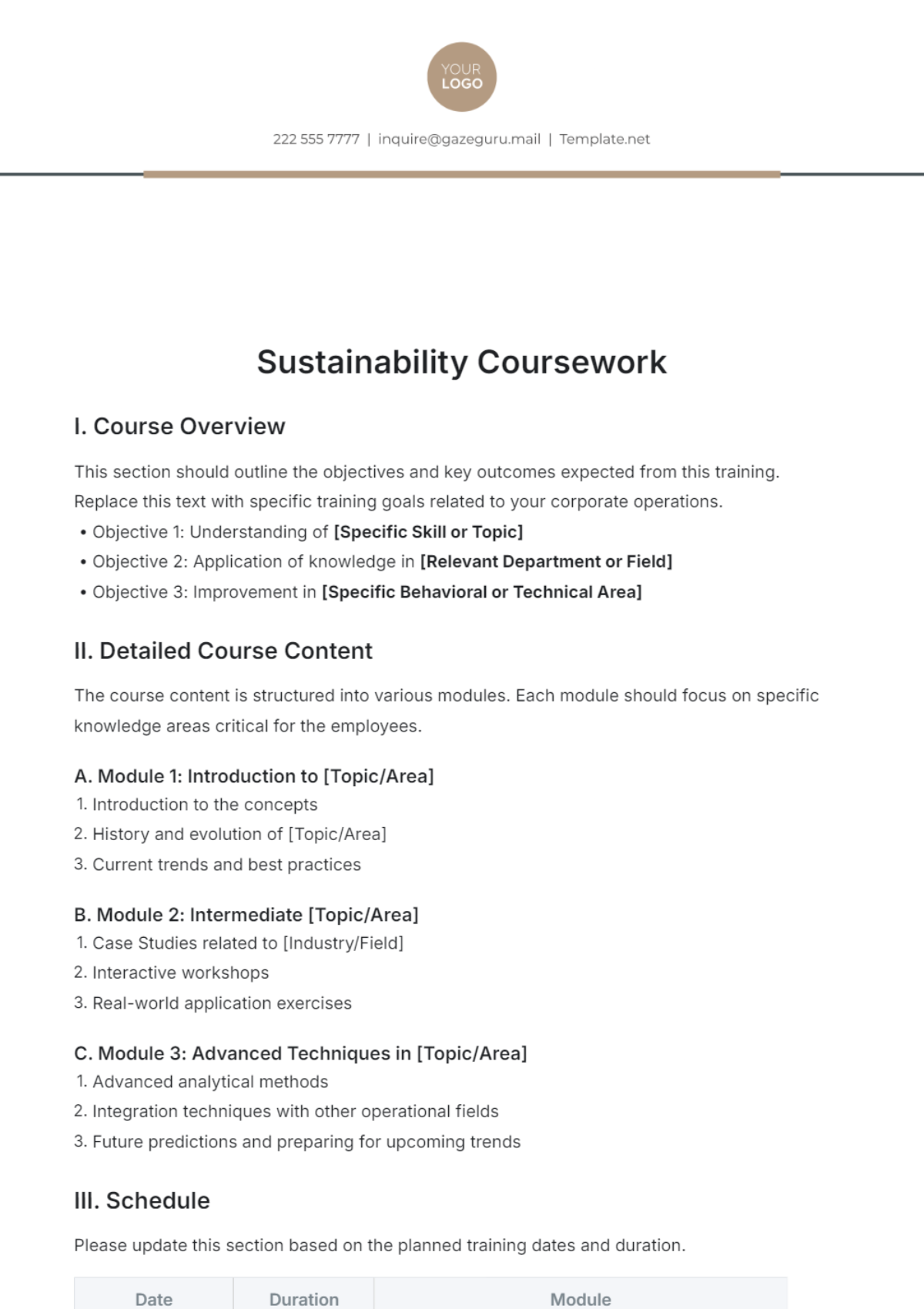Equity and Trusts Coursework
I. Introduction to Equity and Trusts Law
This coursework will introduce students to the fundamental concepts of equity and trusts law, which are foundational to understanding the broader legal landscape. Equity law, historically developed to supplement the rigidity of common law, embodies principles of fairness, justice, and conscience. Trusts, on the other hand, represent a unique legal arrangement where property is held by one party for the benefit of another.
II. Principles of Equity
A. Equitable Remedies
Overview of equitable remedies such as specific performance, injunctions, and rescission.
Analysis of case law illustrating the application of equitable remedies in various scenarios.
B. Fiduciary Duties
Explanation of fiduciary relationships and duties, including loyalty, care, and disclosure.
Examination of landmark cases establishing and defining fiduciary duties.
III. Creation and Validity of Trusts
A. Elements of a Trust
Definition of a trust and its essential elements: intention, subject matter, and beneficiaries.
Discussion on formalities required for the creation of a trust.
B. Charitable Trusts
Exploration of the requirements and characteristics of charitable trusts.
Case studies demonstrating the application of charitable trust principles.
IV. Trust Administration and Management
A. Trusteeship
Roles and responsibilities of trustees in managing trust property.
Consideration of trustee powers, duties, and liabilities.
B. Trustee Investments
Overview of trustee investment powers and prudent investor standards.
Examination of case law on trustee investment decisions and liabilities.
V. Trust Termination and Variation
A. Termination of Trusts
Circumstances under which a trust may be terminated, including expiration of purpose, fulfillment of trust objectives, or court intervention.
Analysis of case law on trust termination.
B. Variation of Trusts
Mechanisms for varying trusts, including court-approved variations and variations by trustees.
Case studies illustrating situations necessitating trust variation.
VI. Application of Equity and Trusts Law in Legal Practice
Students will apply the principles and concepts learned in equity and trusts law to real-world legal scenarios, preparing them for legal practice.
A. Estate Planning
Utilization of trusts in estate planning to minimize taxes and ensure the smooth transfer of assets to beneficiaries.
Analysis of case law on the establishment and administration of trusts in estate planning, considering family dynamics and potential disputes.
B. Property Law
Application of equitable principles in property transactions, including the enforcement of equitable interests and the resolution of property disputes.
Examination of case studies involving constructive trusts, resulting trusts, and equitable doctrines such as proprietary estoppel.
C. Corporate Law
Use of trusts in corporate structures for asset protection, succession planning, and employee benefit schemes.
Analysis of legal frameworks governing corporate trusts and fiduciary duties of directors in managing trust assets.
D. Family Law
Consideration of trusts in family law matters, such as asset protection in divorce proceedings and providing for minor children or vulnerable family members.
Evaluation of case law on the division of trust assets in family law disputes and the implications of trust structures on matrimonial settlements.
E. Charities and Nonprofits
Application of trust law principles in the establishment and governance of charitable organizations and nonprofit entities.
Examination of regulatory requirements for charitable trusts and the role of trustees in managing charitable assets for the public benefit.
VII. Conclusion
In conclusion, the study of equity and trusts law is paramount for any aspiring legal practitioner. Throughout this coursework, students have explored the intricate principles governing equitable remedies, fiduciary duties, trust creation and administration, and the termination and variation of trusts. By delving into case law and theoretical frameworks, students have gained a comprehensive understanding of how equity and trusts law operates in practice.
